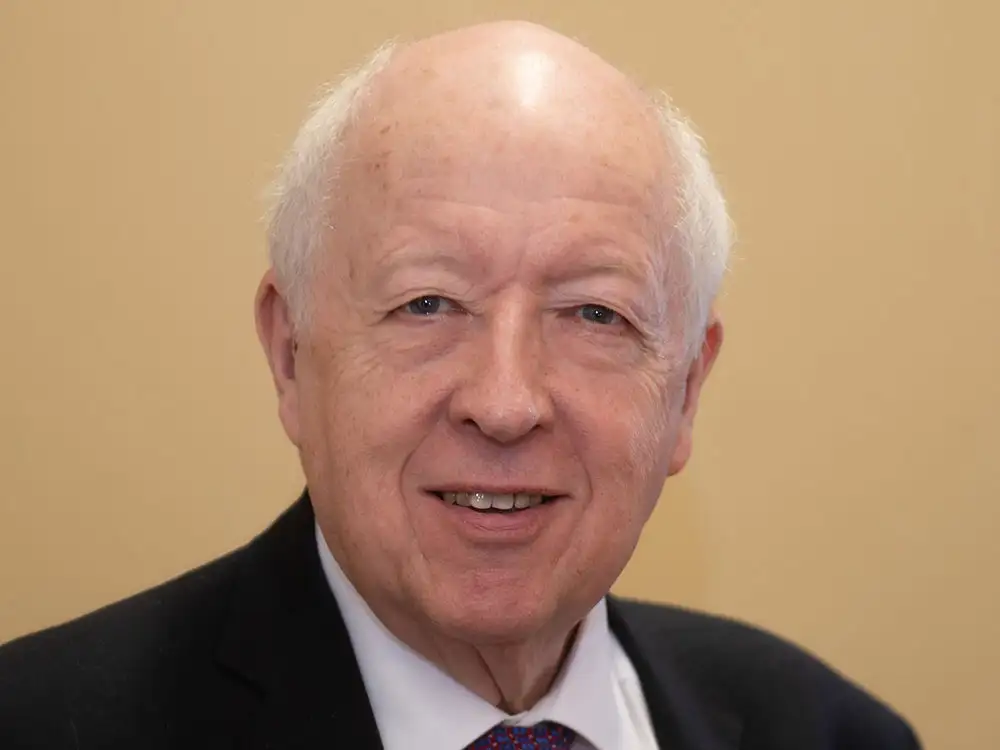Furious councillors say that North Yorkshire Council has been handed one of the worst funding settlements in the country by the government – leaving a £5 million hole in the authority’s new budget.
And they accuse ministers of diverting financial support from rural communities towards towns and cities.
The council has been given the fourth worst core funding settlement in the country – the other three local authorities also cover large rural areas in Herefordshire, Rutland and Shropshire.
Core spending power is a measure of the resources which are available to local authorities to fund essential services ranging from waste collection and recycling to social care and highways maintenance.
It sets out the money that has been made available to councils through the finance settlement from the Government, although it is based on the principle of a 4.99 per cent increase in council tax.
North Yorkshire Council’s leader, Cllr Carl Les, said: “All councils across the country are facing immense financial pressures but the funding settlement which we have been handed by the government will mean that we are faced with an even tougher situation than we had expected.”
The council’s proposed budget for 2025/26 would see a rise of council tax of the maximum permitted of 4.99 per cent, including a two per cent precept for adult social care, equating to an increase of £92.18 per year for an average Band D property to a total bill of £1,939.54.
Cllr Les said: “We are acutely aware that all of our communities are feeling the impact of the cost of living, and we certainly do not want to compound those pressures.
“However, we are now faced with a council tax rise of 4.99 per cent to help to counter the multi-million pound shortfall which we are facing in the council’s budget for the next financial year.
“If we don’t push ahead with the 4.99 per cent increase, the financial deficit will be even worse.”
Extra costs

The biggest funding pressures in North Yorkshire for the new financial year from 1 April have come about because of the loss of the rural services delivery grant as well as the rising costs of National Insurance contributions.
North Yorkshire Council received the greatest share nationally of the rural services delivery grant with £14.3 million in funding each year.
The increase in employers NI contributions has left North Yorkshire Council facing a predicted £7 million shortfall, even with an estimated £5 million grant from the Government to cover the rising cost.
Because North Yorkshire is a large, sparsely populated county economies of scale are far diminished when compared to urban areas.
The council says it spends more than £50 million each year on home to school transport and the policy has had to be revised after costs have more than doubled since 2018/19 when it was last reviewed.
That’s more than three times as high as the average for other English councils.
Similarly, each hour of social care in North Yorkshire’s rural communities can cost £5 more than in other parts of the country because of the travel costs.
North Yorkshire Council’s deputy leader Cllr Gareth Dadd said: “We are faced with some very tough choices to try to balance our books.
“We are due to have to use our financial reserves to cover the deficit which means that once that money is spent, we cannot recoup it.”
The executive will consider the financial plan for the next financial year before the proposed budget will then be discussed at a full council meeting next month (February) before it due to be adopted.
